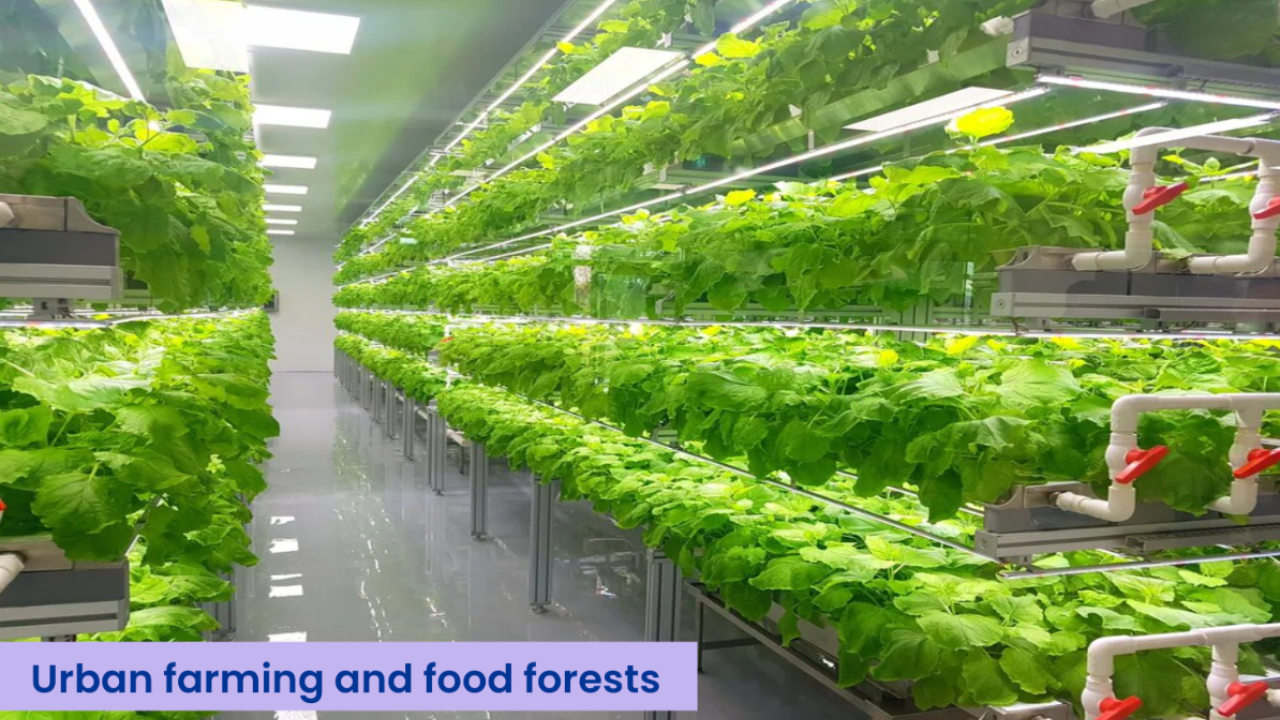
September 2025 - Trends Spotting - Food & Farming
Sep 24, 2025|
|
Trends We're Watching |
|
September 2025 FutureGood is a consultancy focused on helping visionary leaders build a better future. Through DEI consulting, strategic visioning, keynotes, retreats, and online learning, FutureGood helps thought leaders (like you!) to deploy futurism. |
|
We are watching so many interesting trends each month that we've decided to share them with our community. If you want us to look out for a specific subject, reach out and let us know! |
|
|
Food and Farming |
|
|
|
Cities are reimagining space by integrating edible landscapes and urban farms directly into neighborhoods. From repurposed industrial sites to parking garages, food could be grown right where it’s eaten. |
|
What this could mean for the social sector: This shift opens new opportunities to tackle food insecurity, create green jobs, and build healthier, more resilient communities. It also invites nonprofits and foundations to reimagine partnerships, bridging urban planning, sustainability, and equity in ways that bring fresh, local food directly to those who need it most. |
|
|
|
|
|
Innovators are transforming food waste, like misshapen produce, into new ingredients and products. With 31% of the U.S. food supply wasted before reaching consumers, this approach reduces waste and expands access to nutritious food. |
|
What this could mean for the social sector: This creates opportunities to reduce hunger, support sustainable food systems, and redirect resources to communities most in need. It also encourages partnerships with innovators to turn waste into impact, aligning equity, climate action, and food security goals |
|
|
Learn to spot trends relevant to your work |
|
If you want to learn more about futurism, including how to spot and make sense of these trends, you can! Sign up for our online learning program, FutureGood Studio, and empower yourself to be future-ready! |
|
|
|
|
|
BIPOC-led food sovereignty efforts are reshaping local food systems by centering community stewardship and equity. In Minnesota, Hmong farmers are building a central processing site to create higher-value products, like packaged mixed greens, that strengthen both livelihoods and local economies. |
|
What this could mean for the social sector: This highlights the need to invest in BIPOC-led food initiatives that build wealth, resilience, and self-determination within communities. It also underscores the role of philanthropy and nonprofits in supporting infrastructure that advances equity in food systems. |
|
|
|
|
|
Farmers are developing drought-, heat-, and flood-tolerant crops to adapt to shifting climates, especially in the Global South. As farmland locations change rapidly, governments have a key role to play in supporting this transition. |
|
What this could mean for the social sector: This underscores the urgency of supporting climate adaptation strategies that protect vulnerable farming communities. It also calls on nonprofits and foundations to advocate for policies and resources that ensure equitable access to resilient crops and sustainable farming practices. |

